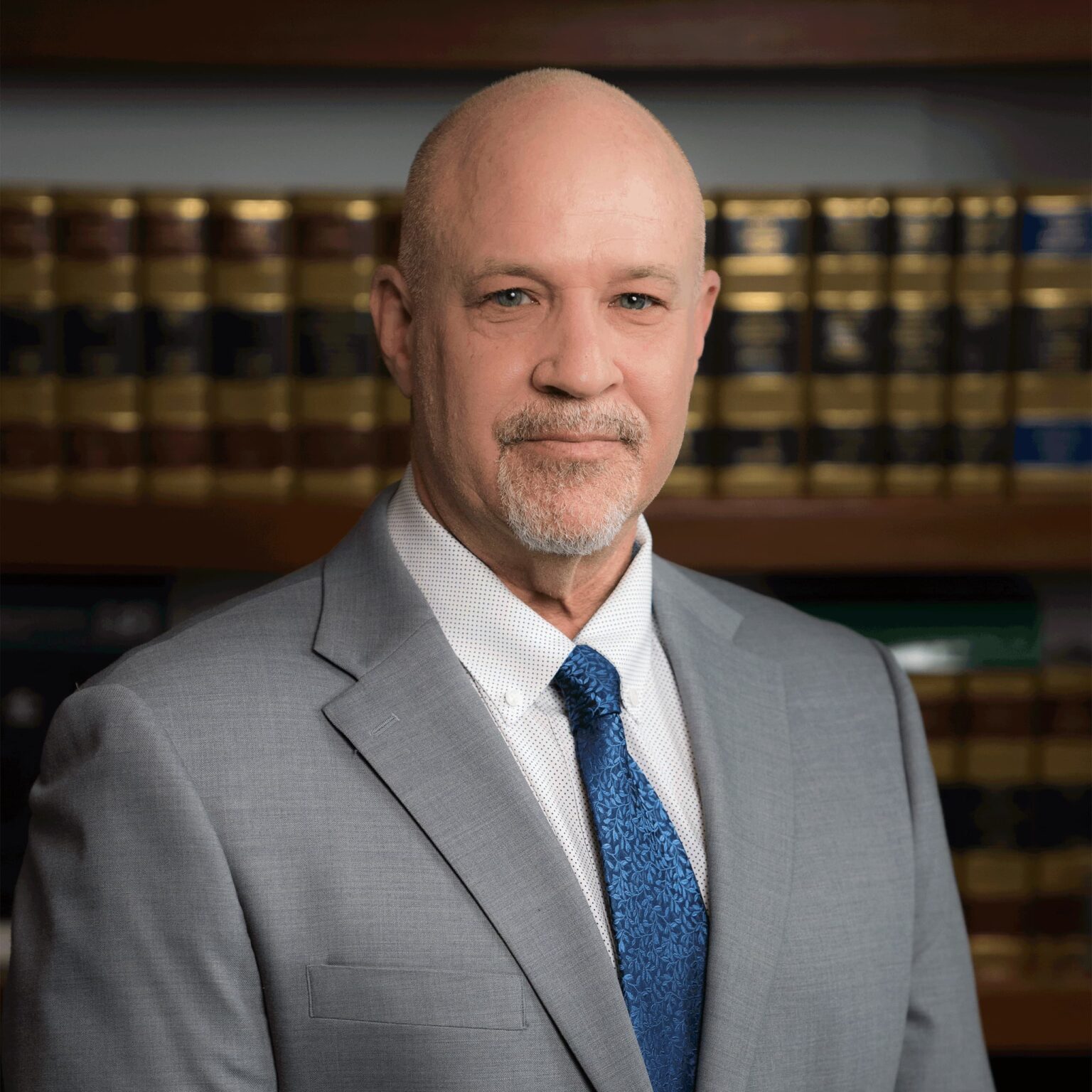Florida’s vibrant waterways offer endless opportunities for recreation and exploration. However, recent headlines paint a sobering picture, with multiple boating accidents occurring in just the past few weeks. These incidents, which include a collision involving two boats near the Broad Causeway in North Miami that left two people seriously injured, serve as stark reminders of the inherent risks associated with enjoying time on the water.
Understanding these risks is crucial for ensuring your time on the water becomes a cherished memory, not a tragic headline. This blog delves into the nine most common causes of a boating accident in Florida, empowering you to make informed choices and prioritize safety for yourself and others. By familiarizing yourself with these potential hazards and implementing responsible practices, you can navigate Florida’s waterways with confidence and peace of mind.
But what happens if you find yourself the victim of an accident caused by someone else’s negligence? Reach out to a Florida boat accident lawyer from Cohen and Juda. Our experienced team is dedicated to protecting your rights and helping you recover the maximum compensation for your injuries. Contact us today at (954) 424-1440 for a free consultation and let us guide you through the legal process.
Continue reading to learn the 9 common causes of boating accidents in Florida, according to the Florida Fish and Wildlife Conservation Commission:
1. Inattention
This is the leading cause of boating accidents in Florida. Inattentive boaters may be distracted by their phones, passengers, or other activities, and fail to pay attention to their surroundings.
- Stay vigilant: Maintain a heightened awareness of your environment at all times. Actively scan the water for potential hazards like other vessels, swimmers, debris, and changing weather conditions. Delegate non-essential tasks to attentive passengers, and avoid distractions like using your phone while operating the boat.
2. Operator Inexperience
Inexperienced boaters may not know how to properly operate a boat, navigate waterways, or respond to emergencies.
- Invest in education: Before venturing into the water, enroll in a boating safety course to acquire the necessary knowledge and skills for safe operation. Familiarize yourself with Florida’s specific boating regulations and signage.
3. Boating Under the Influence (BUI)
Operating a boat while impaired by alcohol or drugs is not only illegal but also incredibly dangerous. Intoxication severely compromises your judgment, coordination, and reaction time, significantly increasing the likelihood of accidents.
- Maintain sobriety: Alcohol and drugs have no place on the water. Designate a sober driver or utilize alternative transportation if necessary. Remember, even small amounts of alcohol can impair your ability to operate a vessel safely.
4. Excessive Speed
Just like driving a car, exceeding the designated speed limit on the water reduces your reaction time and diminishes your ability to maneuver safely. This is especially crucial in congested areas or when encountering limited visibility conditions.
- Adhere to speed limits: Observe posted speed restrictions and adjust your speed based on prevailing conditions, traffic density, and visibility. Operate at a safe speed that allows ample time to react to potential hazards.
5. Reckless Operation
Behaviors like weaving through traffic, jumping wakes too close to other vessels, and ignoring navigation rules significantly increase the risk of accidents.
- Navigate responsibly: Always prioritize safety over thrill-seeking maneuvers. Operate your vessel in a predictable and courteous manner, respecting the rights and safety of other boaters and individuals using the waterway.
6. Improper Lookout
Having a dedicated lookout is essential, especially on larger vessels or in areas with limited visibility. This individual should be solely focused on observing the surroundings and alerting the operator of any potential hazards.
- Assign a lookout: If your vessel is large enough, designate a responsible individual to serve solely as a lookout, particularly when navigating in challenging conditions or congested areas.
7. Equipment Failure
Mechanical issues, such as engine failure, steering malfunctions, or faulty lighting, can contribute to accidents.
- Conduct thorough pre-departure checks: Before each outing, perform a comprehensive inspection of your boat’s essential equipment, ensuring everything is in proper working order. Regularly maintain your vessel and address any potential issues promptly.
8. Falling Overboard
Slips, trips, and unbalanced movements can lead to individuals falling overboard, resulting in injuries or even drowning. This can happen for a variety of reasons, such as slipping on a wet deck, being struck by a wave, or leaning over too far.
- Prioritize safety measures: Enforce the use of life jackets for all passengers, especially children and non-swimmers. Maintain a firm grip on railings or secure handholds when moving around the boat, and avoid risky behavior that could compromise your balance.
9. Collisions with Other Vessels
Inattention, speeding, reckless operation, and inadequate lookout can all contribute to collisions with other boats.
- Maintain situational awareness: Stay alert to your surroundings and anticipate the movements of other vessels. Communicate your intentions clearly through proper navigation lights and signaling devices. Adhere to the established right-of-way rules to avoid misunderstandings and potential collisions.
By understanding these common causes of boating accidents and implementing the recommended safety measures, you can significantly reduce your risk of experiencing an unfortunate incident on Florida’s waterways. Remember, responsible boating practices are essential for ensuring a safe and enjoyable experience for yourself and everyone sharing the water.
Injuries Sustained in Boating Accidents
While enjoying the beauty of Florida’s waterways, it’s crucial to remember that boating accidents can occur, and the consequences can be severe. These accidents can lead to a wide range of injuries, some of which can be life-altering. Here’s a look at some of the common injuries sustained in boating accidents:
- Drowning: This is the leading cause of death in boating accidents, especially for individuals not wearing life jackets. Even strong swimmers can become disoriented or incapacitated in the water, making it crucial to wear a properly fitted life jacket at all times.
- Head injuries: Collisions, falls overboard, and impacts with objects can cause head injuries ranging from mild concussions to severe traumatic brain injuries (TBIs). Wearing a properly sized and fastened life jacket can help mitigate the risk of head injuries during falls.
- Spinal Cord Injuries: These devastating injuries can result from severe impacts or falls, often leading to permanent paralysis or loss of function.
- Broken Bones: Fractures can occur due to collisions, falls, or being struck by objects. The severity of these injuries can vary depending on the location and type of fracture.
- Lacerations and Cuts: Collisions with objects, propellers, or other vessels can cause deep cuts and lacerations, requiring medical attention to prevent infection and scarring.
- Soft Tissue Injuries: Sprains, strains, and muscle tears are common in boating accidents, often caused by sudden impacts, falls, or awkward movements.
- Hypothermia: Even in warm climates such as Florida, prolonged exposure to cold water can lead to hypothermia, a dangerous condition where the body’s core temperature drops significantly.
- Burns: Exposure to fire, engine malfunctions, or electrical issues can cause burns, requiring immediate medical attention.
- Emotional Trauma: Boating accidents can be incredibly stressful and frightening, leading to emotional trauma and psychological distress, even in the absence of physical injuries.
Remember, this list is not exhaustive, and the severity of injuries can vary greatly depending on the specific circumstances of the accident. If you or someone you know has been injured in a boating accident, seeking immediate medical attention is crucial. Additionally, consulting with an experienced Florida boating accident attorney can help you understand your legal options and navigate the complexities of seeking compensation for your injuries.
Injured in a Florida Boating Accident?
Have you been injured in a Florida boating accident caused by someone else’s negligence? Searching for experienced South Florida injury law firms to navigate the legal waters alone can be overwhelming. At Cohen and Juda, we understand the physical, emotional, and financial challenges you face after a boating accident.
Our experienced team of Florida boat accident lawyers has over 30 years of experience fighting for clients who have been injured due to the carelessness of others. We will aggressively pursue fair compensation for your medical bills, lost wages, pain and suffering, and other damages. Our team will handle all the complex legal paperwork and insurance claims, allowing you to focus on your recovery.
You can count on us to be by your side every step of the way, offering personalized guidance and emotional support. Don’t settle for less. Contact Cohen and Juda today for a free consultation. We will fight tirelessly to protect your rights and help you get back on your feet. Call us at (954) 424-1440 or fill out our online form.
Copyright © 2024. Cohen and Juda, P.A. All rights reserved.
The information in this blog post (post) is provided for general informational purposes only and may not reflect the current law in your jurisdiction. No information in this post should be construed as legal advice from the individual author or the law firm, nor is it intended to be a substitute for legal counsel on any subject matter. No reader of this post should act or refrain from acting based on any information included in or accessible through this post without seeking the appropriate legal or other professional advice on the particular facts and circumstances at issue from a lawyer licensed in the recipient’s state, country, or other appropriate licensing jurisdiction.
Cohen and Juda P.A.
8211 W Broward Blvd, Suite 310
Plantation, FL 33324
(954) 424-1440
https://www.cohenandjudaflorida.com/





